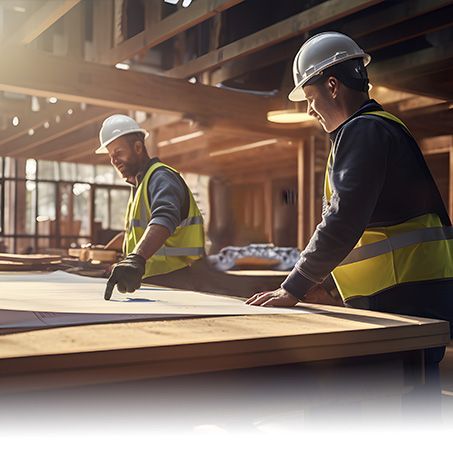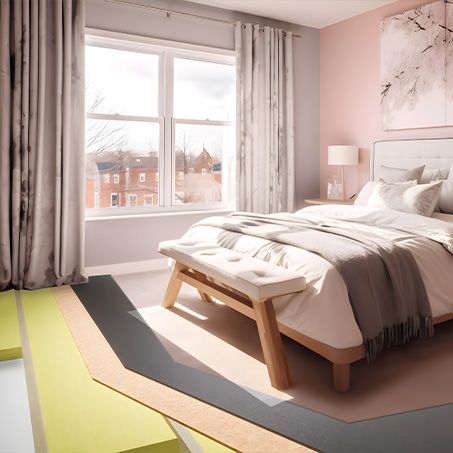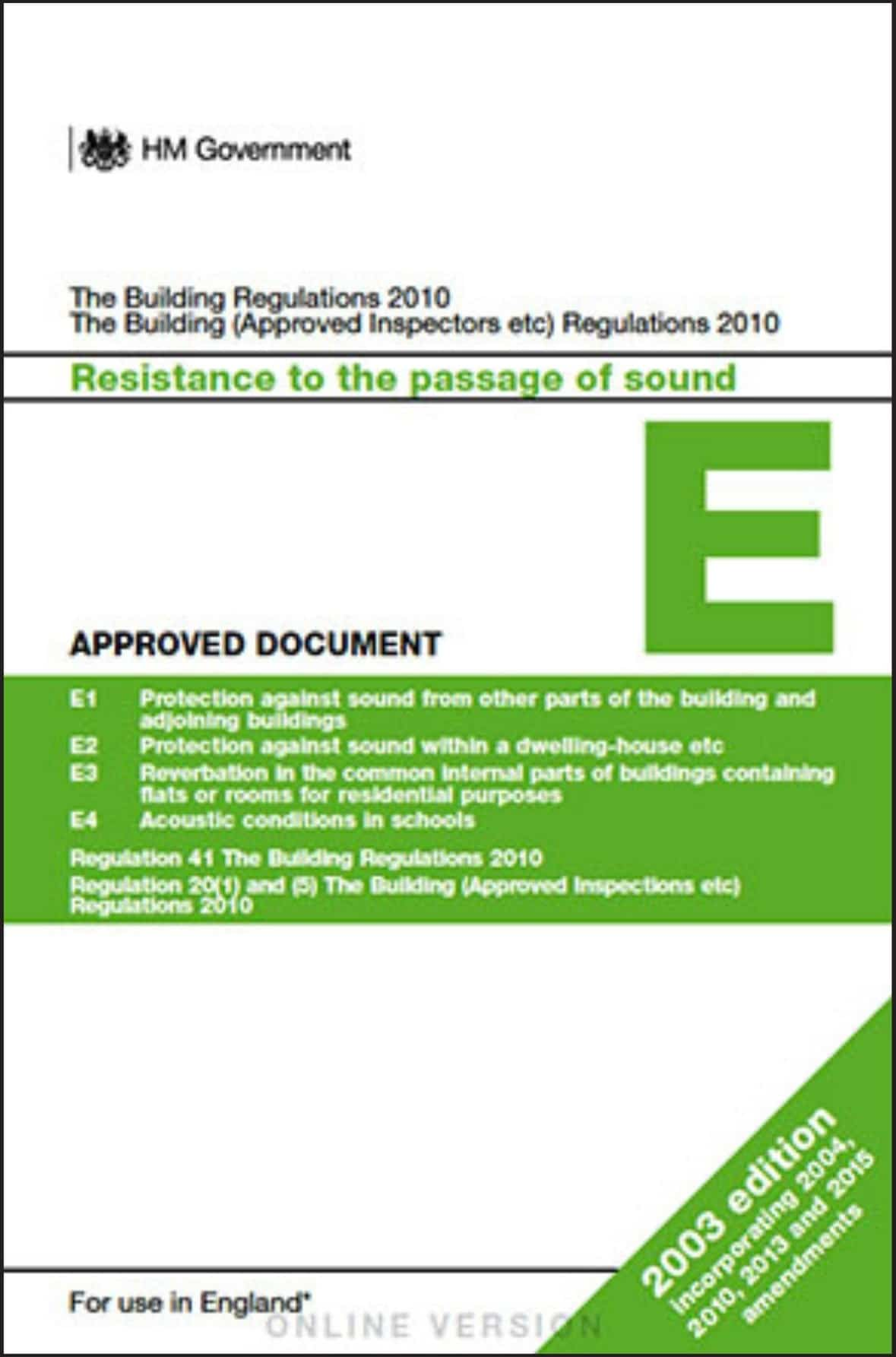Passing Part E Building Regulations
Speak to our experienced acoustic consultants who will discuss your individual project and advise on the correct, bespoke solution. Passing Part E isn't a one size fits all and speaking to an expert will save you time and money by passing first time.
Our proven soundproofing solutions for walls, floors and ceilings have been designed and tested to pass (and exceed) Part E Building Regulations.
Contact us to discuss your requirements and to receive a tailored recommendation.
Book a FREE 45 mins Part E Consultation for your building project
Attend your phone appointment at a time to suit you with one of our acoustic experts
Solutions For Passing Part E Building Regulations
Part E Building Regulations - England, Wales and Northern Ireland
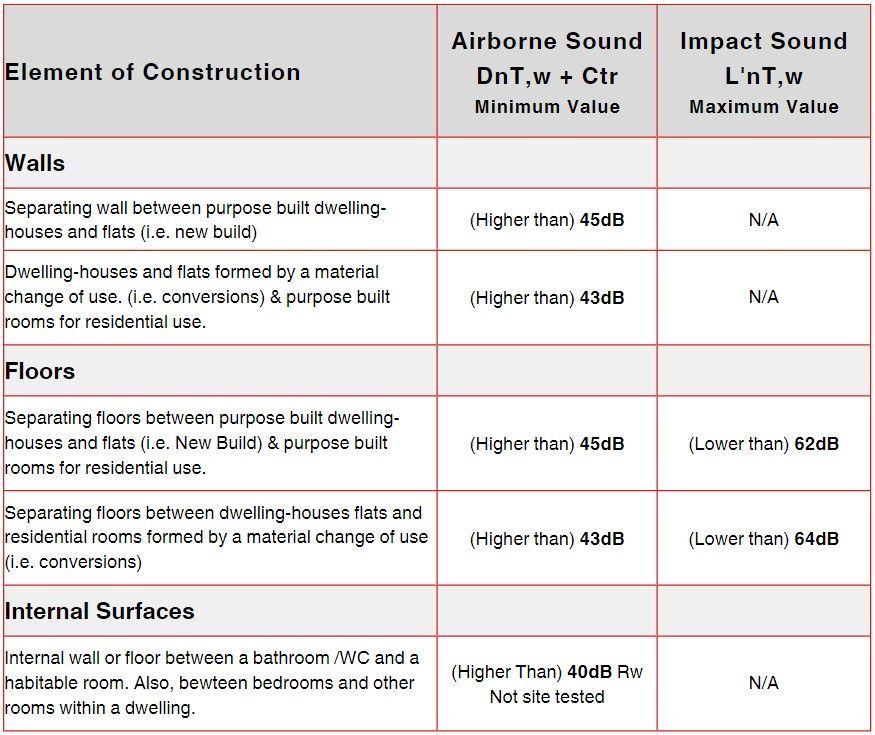
Building Regulations - Scotland
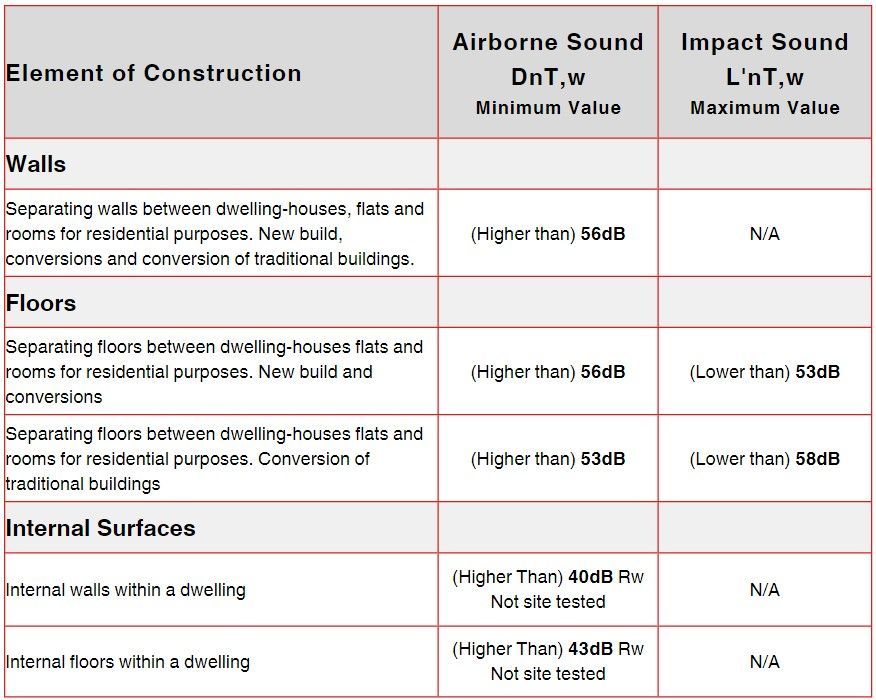
Part E Learn More:
We don’t expect you to become an overnight soundproofing expert, that’s what we’re here for.
Part E Building Regs FAQs
Visit the Knowledge Hub for more in depth info about how soundproofing works


